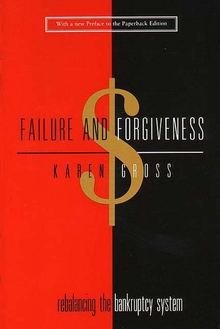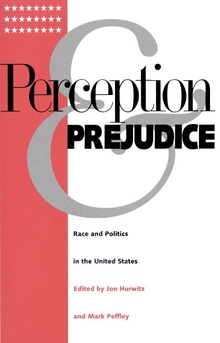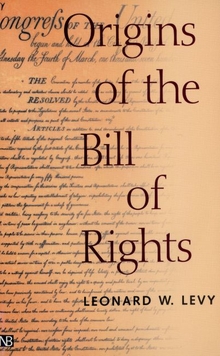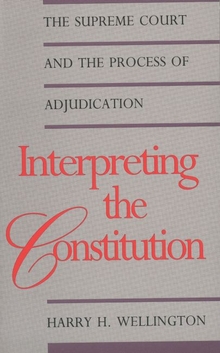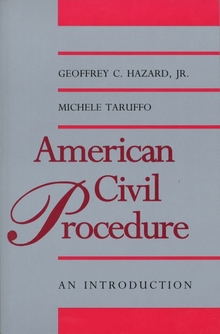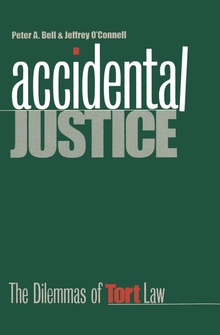Failure and Forgiveness
WARNING
You are viewing an older version of the Yalebooks website. Please visit out new website with more updated information and a better user experience: https://www.yalebooks.com
Rebalancing the Bankruptcy System
Karen Gross; With a new preface
Gross explores the varying and often conflicting interests of debtors, creditors, and community in the bankruptcy system. She justifies the idea of a "fresh start" for individual and business debtors by analyzing notions of forgiveness and rehabilitation in a civilized society. She offers a new perspective on how to treat certain of the creditors that bankruptcy touches, substituting a principle of equality of outcome for the principle of equality of treatment. She also presents an original argument about community interests, contending that they should be given serious weight in the necessary balancings that make up bankruptcy law and policy, and provides specific statutory amendments to achieve this goal. Offering a humanitarian approach to bankruptcy rather than the law and economic approach commonly used, this book places legal issues of bankruptcy in their social context and opens the dialogue about bankruptcy to lawyers and nonlawyers alike.
"Gross's suggestions for change in our bankruptcy system should spark a strong controversy. This is an interesting and provocative book. I recommend it."—Judge Joyce Bihary, U.S. Bankruptcy Court, Atlanta, Georgia
"This is the first book in years to take a fresh look at the policies and perspectives behind our bankruptcy laws, to explain and examine those policies and perspectives, and, when in conflict, to provide a framework through which we might balance or harmonize those policies and perspectives. The book is thought provoking, and portions will certainly be viewed as controversial—reasons why bankruptcy lawyers, judges, and academics should read this book, and reasons why it will also certainly interest the general public."—Kathryn R. Heidt
"With Failure and Forgiveness, Karen Gross has written a wonderful book about bankruptcy policy. Notwithstanding the topic, it is a surprisingly readable book—a book that aims to make a wide range of people think critically about the United States' bankruptcy system. . . . [It]is a brave book, because, at least in recent history, bankruptcy commentary has been dominated by the rhetoric of economics."—Susan Block-Lieb
"A must read for any practicing lawyer or business person involved in bankruptcy."—William H. Schorling, Esq.
"The first part of Gross' book functions as a basic primer on the Bankruptcy Code and the bankruptcy process, and could function as a general introduction to anyone unfamiliar with bankruptcy. Gross goes beyond the basics very quickly and takes a critical look at the numbers we are all so used to seeing in evaluating the bankruptcy system nationwide."—American Bankruptcy Institute Journal
"Cogent and free of jargon, Failure and Forgiveness makes a persuasive case for bankruptcy as more than unpaid debts."—Donald R. Stabile, Business Library Review
"This is a feminist critique of the bankruptcy system, and inter alia the increasing feminization of poverty in America. It is refreshingly full of nuance, sensitive examples and the espousal of a basket of values."— Oliver B. Pollak, Consumer Bankruptcy News
"Accessible reading for the legal community, consumer researchers, educators, and advocates, as well as university student. . . With its humanist perspective, Failure and Forgiveness offers a refreshing balance to the increasingly punitive tone of the bankruptcy rate."—Jean M. Lown, Journal of Consumer Affairs
"In Failure and Forgiveness, Gross suggests changes to promote policies to balance creditor interests, and three specific policies to enable the bankruptcy court to balance the interests of the community. . . . [The book] should sharpen the current debate."—New York Law Journal
"Failure and Forgiveness is a well-written, easy-to-understand, thought-provoking analysis of bankruptcy law and policy, and its publication is timely. In identifying the different interest of debtors and creditors, Professor Gross gives the current commission on bankruptcy reform and Congress much to think about as policy choices are made."—J. Ronald Trost, New York Law Journal
"The author . . . takes both a descriptive and prescriptive look at the US bankruptcy system and suggests that bankruptcy is both necessary and comforting. She justifies the idea of a 'fresh start' for individual and business debtors by analyzing notions of forgiveness and rehabilitation in a civilized society. In doing so, she offers a humanitarian approach to bankruptcy by placing the legal issues in their social context."—Smith Alumnae Quarterly
"Failure and Forgiveness Describes the current bankruptcy system, analyzes its frailties, and makes recommendations for reform. The book and the debate it should engender are important. . . . Gross does an excellent job of engaging the debate about what is wrong with the current system and how it can be fixed."—T. Brooke Farnsworth, Trial
"Intriguing . . . worthy ideas."—Michelle Singletary, Washington Post Book Review
"With remarkable clarity and numerous easy-to-follow examples, Gross provides a timely and thoughtful assessment of an esoteric topic affecting many Americans. Her account of bankruptcy is a concise description of the current system and charts a new and challenging way to think about economic failure in humanistic terms. It is a 'must read' for anyone actively thinking about the consequences of living in a credit economy."—Harry H. Wellington
Publication Date: February 8, 1999

